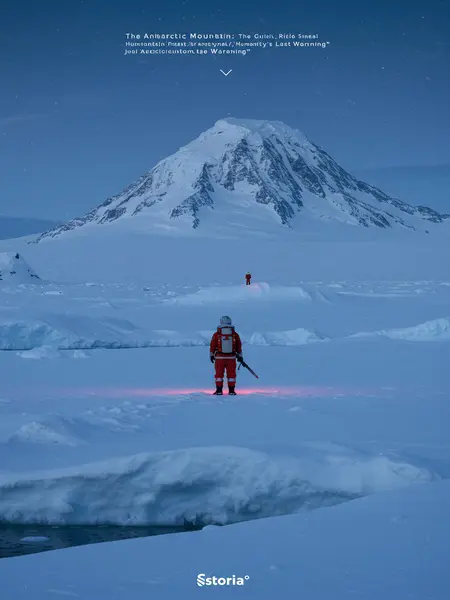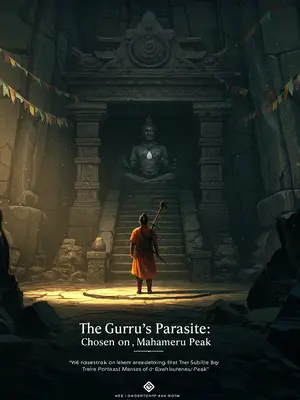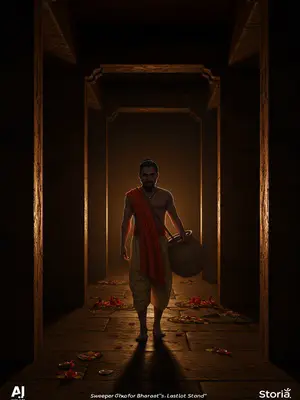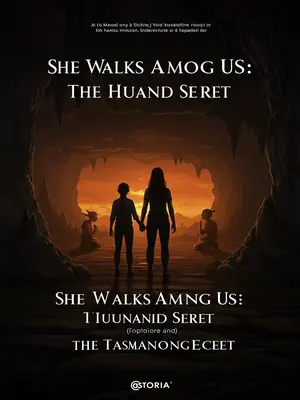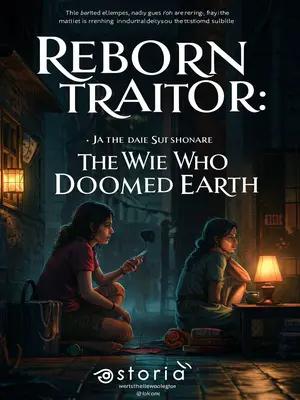Chapter 1: Shockwaves
A magnitude 12 earthquake struck Antarctica, affecting 400 million people.
Even reading this news headline on my old Moto phone, my hand trembled uncontrollably, chai cooling untouched beside me. The urge to check my family WhatsApp group was instant—my thumb hovered over the app, desperate for reassurance from the familiar stream of jokes, forwards, and daily check-ins. In the background, the ceiling fan whirred—a steady, familiar sound now out of sync with the chaos that single line unleashed across the world. The sheer scale was beyond comprehension; my mind spun, picturing continents groaning, the earth’s bones fracturing. For a moment, everything seemed suspended in time—my mother even muted the serial on TV and looked at me, worry etched deep into her face. The theme music faded from the speakers, and Ma clutched her dupatta tightly in a gesture I’d seen only when she was truly anxious.
An international team of experts was dispatched to investigate, only to discover a bizarre, conical mountain had appeared at the Antarctic Pole.
News anchors on every Indian channel tried to explain—often repeating themselves—how something so unimaginable as a mountain could just appear overnight. One familiar voice boomed theatrically: 'Yeh pralay hai ya prakriti ka prakop? Kya Antarctica se aayi hai mahavinash ki ghanti?' Whatsapp forwards exploded: a grainy image of Shiva’s trident superimposed over Antarctica, captioned, 'Antarctica me Mahadev ka prakop?' Some claimed it was a sign from Shiva, others that it was punishment for global warming. My WhatsApp family group buzzed with wild theories, even my chacha from Lucknow sending pixelated satellite images he claimed were ‘leaked’ from NASA.
Countless people suffered mental breakdowns; some even took their own lives.
In our local market, I saw people clutching prayer beads, some lighting diyas in broad daylight, murmuring mantras under their breath. Rumours spread about people in Kolkata and Bangalore locking themselves indoors, refusing to step outside. News came that in Brazil, Argentina, even faraway Japan, thousands had queued outside temples, churches, and mosques, seeking answers nobody could give.
A handful of experts who managed to stay clear-headed issued a joint appeal to all humanity:
At all costs, leave Earth immediately.
That sentence, repeated in every language—Hindi, Bengali, Tamil, Urdu, Malayalam—felt heavier than any threat we had ever known. My father switched off the news, the blue glow flickering out, and sat on the edge of the bed, lost in thought. He finally muttered, “Beta, what will happen to us now?” and for once, I had no words of comfort. In the kitchen, Ma clanged the pressure cooker a little harder than usual, hiding her fear the only way she knew.
